Antibodies
Antibodies, also known as immunoglobulins, are proteins produced by the immune system in response to the presence of foreign substances called antigens. Antigens can include bacteria, viruses, and other pathogens.
Structure of Antibodies
Antibodies are Y-shaped proteins consisting of four polypeptide chains: two heavy chains and two light chains. Each chain contains constant and variable regions. The variable regions of the antibody are responsible for binding to specific antigens, while the constant regions determine the antibody's functional properties.
Functions of Antibodies
Antibodies play a crucial role in the immune response by recognizing and binding to antigens. This binding can neutralize the antigen, promote its destruction by immune cells, or mark it for removal from the body. Antibodies can also activate the complement system, a group of proteins that enhance the immune response.
Types of Antibodies
There are five main classes of antibodies: IgM, IgG, IgA, IgD, and IgE. Each class has unique characteristics and functions within the immune system. For example, IgM is the first antibody produced during an initial immune response, while IgG is the most abundant antibody in the bloodstream and provides long-term immunity.
Study Guide: Antibodies
- What are antibodies and what do they respond to?
- Describe the structure of antibodies.
- What are the functions of antibodies in the immune response?
- List the five main classes of antibodies and their unique characteristics.
- Explain how antibodies contribute to immunity and protection against pathogens.
Understanding the role of antibodies in the immune system is essential for comprehending how the body defends itself against infections and diseases.
.◂Science Worksheets and Study Guides Fourth Grade. Organ systems

 Worksheet/Answer key
Worksheet/Answer key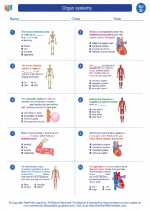
 Worksheet/Answer key
Worksheet/Answer key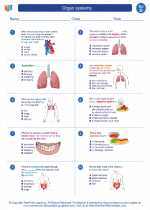
 Worksheet/Answer key
Worksheet/Answer key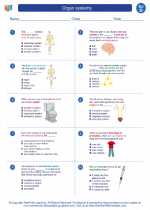
 Vocabulary/Answer key
Vocabulary/Answer key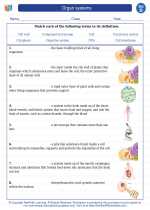
 Vocabulary/Answer key
Vocabulary/Answer key
 Vocabulary/Answer key
Vocabulary/Answer key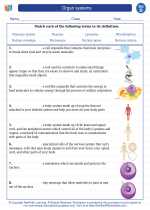
 Vocabulary/Answer key
Vocabulary/Answer key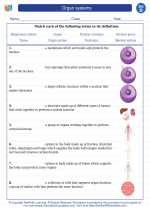
 Vocabulary/Answer key
Vocabulary/Answer key
